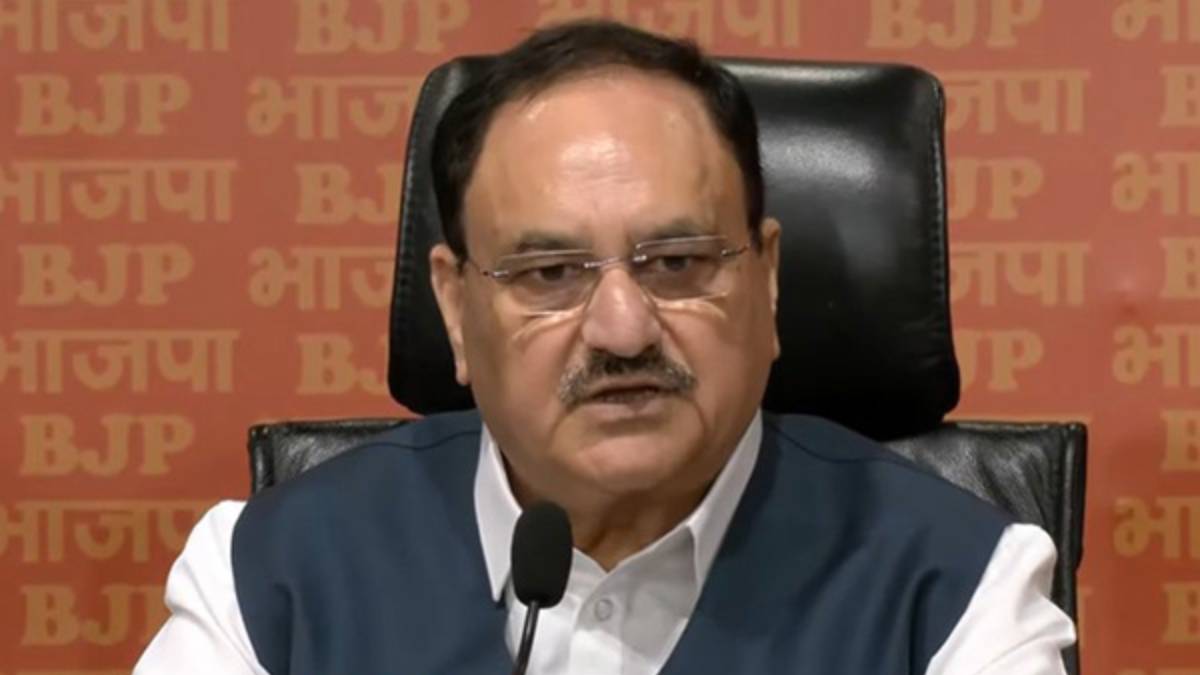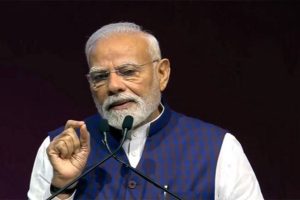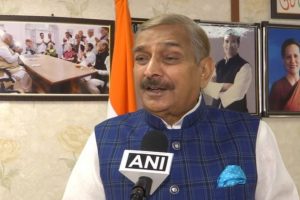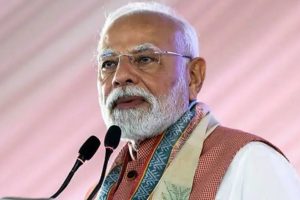As the Narendra Modi-led NDA government marked 11 years in office, BJP National President and Union Minister JP Nadda hailed the Prime Minister’s leadership for reshaping India’s political culture, promoting good governance, and laying the foundation for a “Viksit Bharat” (Developed India).
Addressing a press conference on Monday, Nadda stated that Prime Minister Modi had created a “new normal” in Indian politics—one focused on performance, accountability, and bold decision-making.
“PM Modi has changed the country’s politics and political culture,” said Nadda. “Eleven years ago, the norm was appeasement and saving one’s political chair by dividing society. Today, politics is driven by performance, report cards, and responsiveness. This is the new political culture of accountability.”
Nadda asserted that in the last 11 years, the government has consistently taken decisive actions and implemented policies with long-term national impact.
“This is a government of economic discipline, transparent governance, and futuristic vision. We have moved from negativity to optimism. Earlier, people were disillusioned by corruption. Now, the sentiment is ‘Modi hai to mumkin hai’,” he added.
Reflecting on key achievements, Nadda listed major decisions under Modi’s leadership such as:
- Abrogation of Article 370: “A historic move that changed Jammu and Kashmir’s trajectory. The high voter turnout in the region shows how the people have embraced this change,” he said.
- Abolition of Triple Talaq: Described as a step toward gender justice and dignity for Muslim women.
- Waqf Amendment Act & Citizenship Amendment Act (CAA): Emphasized as legislative actions promoting inclusivity and fairness.
- Women’s Reservation Bill and Demonetisation: Highlighted as reforms intended to promote equality and economic integrity.
Nadda also took aim at the previous UPA government, alleging it was marred by corruption and policy paralysis. “Under PM Modi, that culture of negativity has been replaced by purpose-driven governance,” he said.
He noted that the Modi government has laid a strong foundation for a self-reliant and developed India, driven by citizen participation, innovation, and transparency.
“Every scheme and policy—whether Jan Dhan Yojana or Digital India—reflects the government’s commitment to empowering people. The last 11 years have been transformative, and we are entering the Amrit Kaal with even more resolve.”
As part of the 11-year milestone, the Union government also released a detailed e-book chronicling key achievements across sectors since 2014.
Narendra Modi first assumed office as Prime Minister on May 26, 2014. He began his third consecutive term in June 2024, after a decisive win in the Lok Sabha elections.





